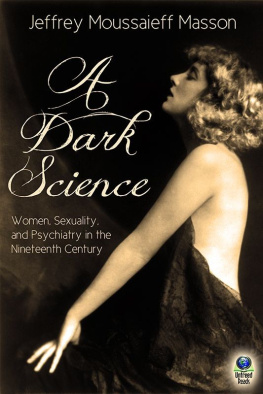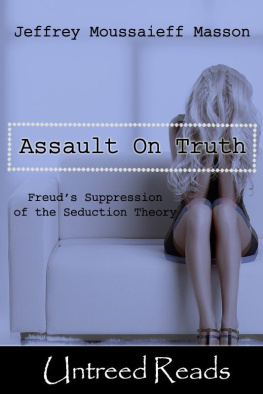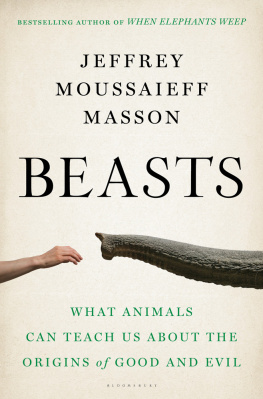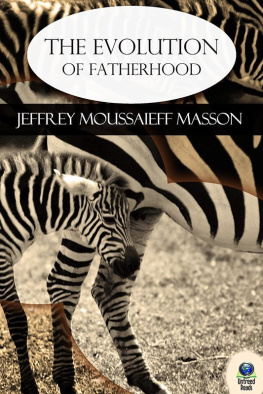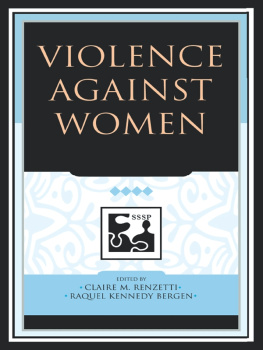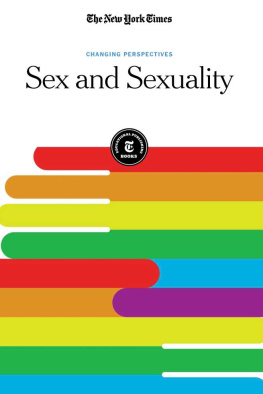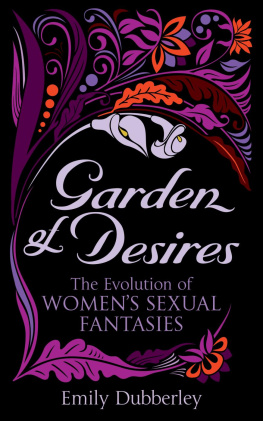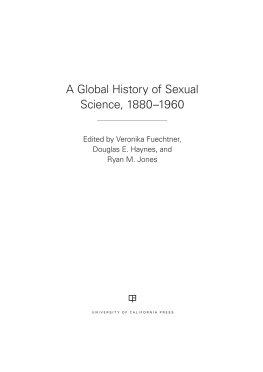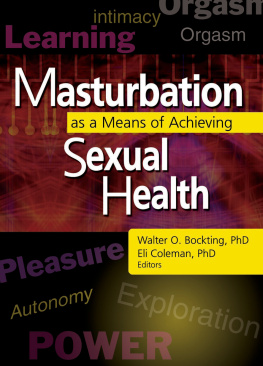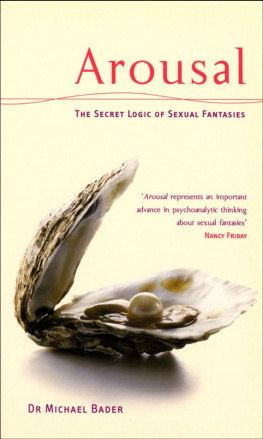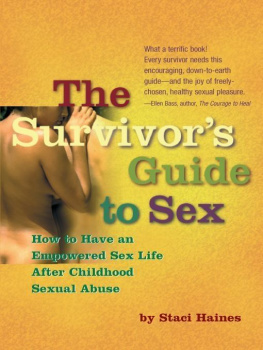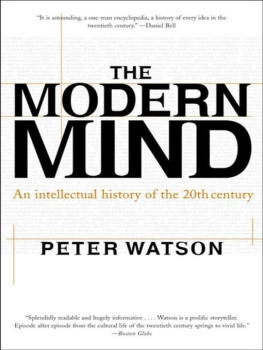
Table of Contents
A Dark Science
By Jeffrey Moussaieff Masson
Copyright 2013 by Jeffrey Moussaieff Masson
Cover Copyright 2013 by Ginny Glass and Untreed Reads Publishing
The author is hereby established as the sole holder of the copyright. Either the publisher (Untreed Reads) or author may enforce copyrights to the fullest extent.
Previously published in print, 1986.
This ebook is licensed for your personal enjoyment only. This ebook may not be resold, reproduced or transmitted by any means in any form or given away to other people without specific permission from the author and/or publisher. If you would like to share this book with another person, please purchase an additional copy for each person you share it with. If youre reading this book and did not purchase it, or it was not purchased for your use only, then please return to your ebook retailer and purchase your own copy. Thank you for respecting the hard work of this author.
While the author has made every effort to provide accurate telephone numbers and Internet addresses at the time of publication, neither the publisher nor the author assumes any responsibility for errors, or for changes that occur after publication. Further, the Publisher does not have any control over and does not assume any responsibility for author or third-party websites or their content.
Also by Jeffrey Moussaieff Masson and Untreed Reads Publishing
Against Therapy
Dogs Have the Strangest Friends
Final Analysis
My Fathers Guru
Raising the Peaceable Kingdom
The Assault on Truth
The Cat Who Came in From the Cold
The Evolution of Fatherhood
http://www.untreedreads.com
A Dark Science
Women, Sexuality, and Psychiatry in the Nineteenth Century
By Jeffrey Moussaieff Masson
For Denise
Acknowledgments
Without the existence of the Lane Medical Library at Stanford University and its fine collection of nineteenth-century journals, this book could not have been written. First, I am grateful to Catharine MacKinnon both for her preface and for her inspiring work. I am indebted also to Dr. Leopold Dickstein, who was very helpful with the German medical terminology; Sue Doell, Leonard Frank, and Diana Russell made excellent suggestions concerning the introduction. Marianne Loring, who has dedicated her considerable skills to improving the quality of these translations, deserves special mention for her unfailing commitment to meticulous scholarship. I wish also to thank Barbara Williams, my editor at Farrar, Straus and Giroux, whose insight, patience, and resourcefulness have improved this book immeasurably; and Roger Straus, who offered his usual unflagging support. And, finally, I wish to express my delight at having two such wonderful children, Simone and Karima, in my life.
Preface
Me dueles, Papd, me dueles.
[Youre hurting me, Daddy, youre hurting me.]
A two-and-a-half-year-old child recently overheard in a suburban Los Angles shopping mall
Reading these texts is a lot like reading pornography. You feel you have come upon a secret codebook you were not meant to see but which has both obscured and determined your life. The sexual atrocities advanced here by doctors as promoting mental health during the nineteenth century might be beyond belief were they not also practiced during the Inquisition as liturgical justice, by the Third Reich as racial purity and medical experimentation, by the juntas of Latin America and Greece to maintain political power, and today by pornographers in the United States and worldwide as sexual entertainment. Women should study these medical articles for the same reasons they should study pornography: to see what is behind the ways they are seen and treated and to find out what men really think of them.
Behind psychotherapys guise of treatment, just as surely as beneath pornographys protestations of liberation, lies the sexual sadism that is at the core of misogyny, here in its medical form. Womens bodies are dirty, womens minds are polluted by their bodies, womens sexuality is diseased, sex is evil because women are sex. Because men have social power over womenpower as lawyers and employers and fathers and priests and teachers and policemen and pimps and writers and policy makers as well as doctors (our bodies in their hands)what men think of women is what is done.
Like pornography, these articles trade in half-truths. As lawyer Gerry Spence puts it, The real weaponryis the half-truth. Its like a half brickyou can throw a half brick twice as far as a whole brick. The resulting accounts have all the credibility of truth and all the clout of lies. Both in pornography and in these psychiatric accounts, it is very difficult to separate the simulated from the actualwhat did not happen that the text says did, from what did happen that the text says did not. The diagnoses are not true because their etiology, in which mind is diseased because body is diseased because body is female, is not true. The dead-meat-causes-flies approach to mental distress is not true. That anything at all was wrong with these women and girlsbeyond perhaps having symptoms of venereal infection due to (undiagnosed) sexual assaultmay also be untrue. The doctors claims of healing by their savage methods are also, doubtless, not true.
But, as with pornography, what these men write about doing to these women is true. They did slice off these womens clitorises; they did cut into them and remove their ovaries; they did cut into them and not remove their ovaries but say they did; they did tie them to their beds and listen to their struggles and screams; they did rape them with red-hot irons. The acts that psychiatry calls treatment, pornography (in its one demystification) calls sex. In both, the acts are presented as being for her own good and ultimately consensual, the victim grateful in the end.
And, as with pornography, what these men say they thought, they thought. They thought that personality is genetically determined, that women and children lie about sexual abuse, that a womans mind is sexed because her body is sexed, that a womans qualities can be read by whether the look on her face is arousing. Thus, a womans distress over what may well have been violation is attributed to moral defect and baseness of character by Schrenck-Notzing, to precocious per version by Fournier, and diagnosed from her somewhat erotic facial expression by Flechsig.
Originally a challenger of this nineteenth-century tradition, Freud at first believed that adult women who told him they were sexually abused as children were telling the truth. When he revised his view and decided that the women were not, he became traditions heir. The standard clinical practice, rooted prior to Freud but previously thought to be based on his work, has been to analyze reports of childhood sexual abuse as mentally telling but empirically false. Jeffrey Masson has argued that Freud changed his mind for reasons that were ultimately obscure but appeared far more personal, ideological, and professionally pressured than clinically based. In The Assault on Truth , Masson revealingly traces the documentary trail Freud left of his decision to disbelieve his patients, raising anew the possibilitynever abandoned by many womenthat Freuds patients and millions of anguished women since were simply recounting something that happened to them: something they did not want that hurt them in a way they could not get over.
Either such events happened or they did not. It is a study in comparative credibility that even after Freud changed his mind on the subject, and even after his reasons were revealed as dubious, the fact that Freud had once believed these women apparently gave them more credibility than anything has before or since. In a brief moment of institutional free-fall, the psychoanalytic establishment found itself confronting the possibility that the women had been telling the truth all along. If its rabid reaction to this possibility is any measure, psychoanalysis must believe not only that Freud was an objective scientist and right but also that childhood sexual abuse did not happen (at least not to Freuds patients) and does not happen now (at least not very often). Massons book was more than iconoclastic; it threatened the ground on which psychoanalysis stands: more than Freuds credibility, womens lack of it. The truth about women did not matter to Freud. And neither the truth about women nor the truth about Freud now appears to matter to the Freudians.
Next page
